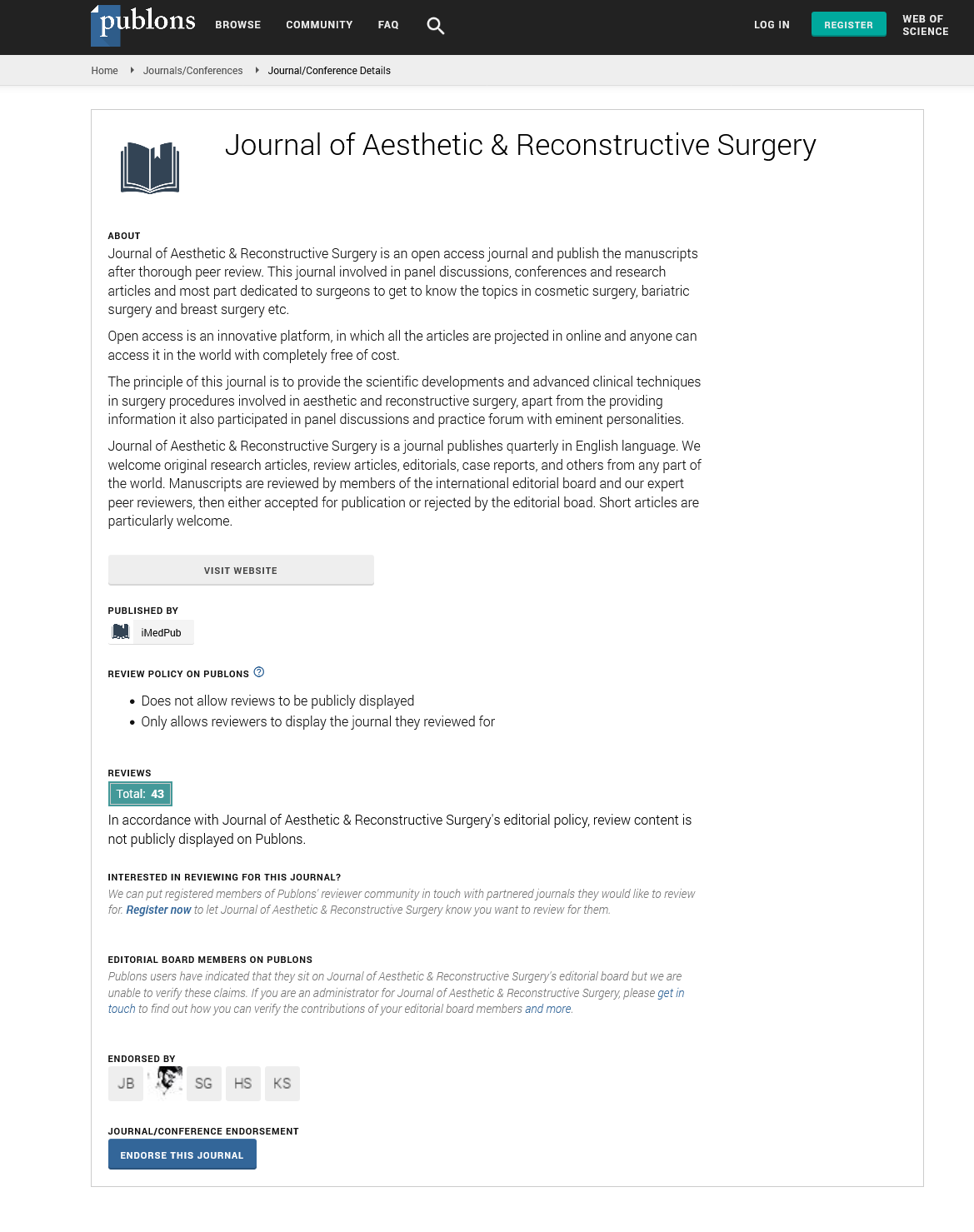Abstract
Primary Familial Carpal Tunnel Syndrome with Long-term Followup: A Study of Two Families and Review of the Literature
Background: Familial carpal tunnel syndrome is a rare hereditary disorder characterized by early onset bilateral carpal tunnel syndrome. A lack of long-term outcome data exists for patients afflicted by this condition. This study examines the long-term subjective outcomes of patients managed with open carpal tunnel release for the diagnosis of familial carpal tunnel syndrome.
Methods and findings: Three patients were diagnosed with familial carpal tunnel syndrome: a 13 y old girl whose maternal family has three consecutive generations of carpal tunnel syndrome, and a 16 y old boy and his 47 y old father whose family has four consecutive generations of carpal tunnel syndrome. All patients completed the Boston Carpal Tunnel Questionnaire at an average of 13.5 y following their initial surgical treatment. Responses revealed onset of new symptoms in the 13 y old girl’s contralateral wrist and symptom recurrence in the 16 y old boy and his 47 y old father. Following carpal tunnel release, the 13 y old girl is now asymptomatic. The 16 y old boy and his father, despite carpal tunnel release, still suffer from moderate and mild functional impairment. The conclusions of our study, along with those of other studies that detail the nature of this syndrome, are limited by the small number of familial carpal tunnel syndrome patients.
Conclusion: In cases of early onset familial carpal tunnel syndrome, carpal tunnel release may prove only partially effective in resolving symptoms. Patients should be counseled that recurrent symptoms may develop despite successful initial carpal tunnel release.
Author(s):
Sean R Cantwell, Niles J Batdorf, Julie E Adams and Steven L Moran
Abstract | Full-Text | PDF
Share this

Google scholar citation report
Citations : 130
Journal of Aesthetic & Reconstructive Surgery received 130 citations as per google scholar report
Journal of Aesthetic & Reconstructive Surgery peer review process verified at publons
Abstracted/Indexed in
- Google Scholar
- China National Knowledge Infrastructure (CNKI)
- Directory of Research Journal Indexing (DRJI)
- WorldCat
- Publons
- Geneva Foundation for Medical Education and Research
- Secret Search Engine Labs
- Euro Pub
Open Access Journals
- Aquaculture & Veterinary Science
- Chemistry & Chemical Sciences
- Clinical Sciences
- Engineering
- General Science
- Genetics & Molecular Biology
- Health Care & Nursing
- Immunology & Microbiology
- Materials Science
- Mathematics & Physics
- Medical Sciences
- Neurology & Psychiatry
- Oncology & Cancer Science
- Pharmaceutical Sciences


